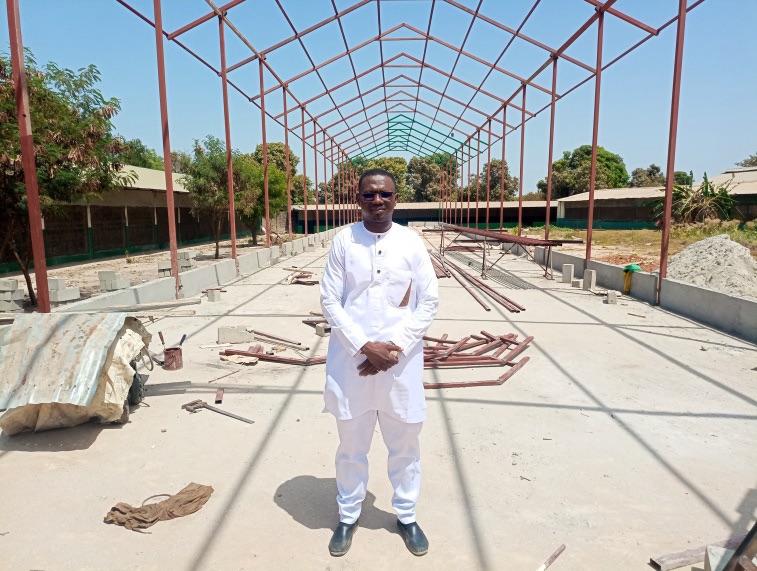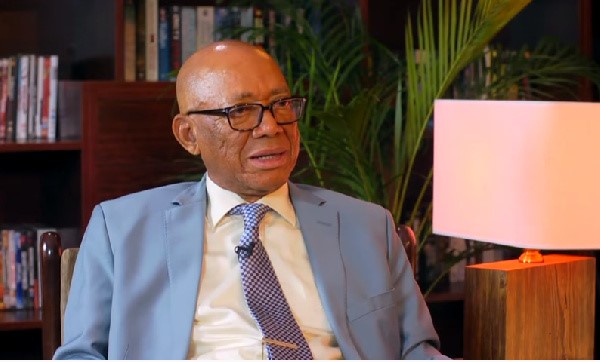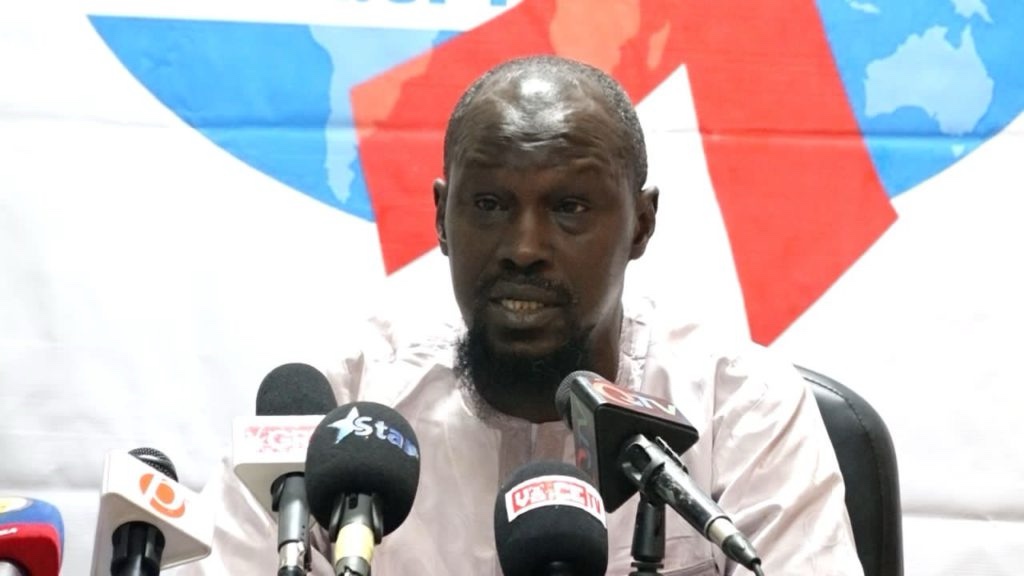SIG Ventures’ poultry production, employment
Ousainou M Jallow, Managing Director, SaadisInvestment Group Ventures, a poultry farm in Abuko has applauded the Gambia Inclusive and Resilient Agricultural Value Chain Development Project (GIRAV) Matching Grant Scheme, saying the project is helping to expand his farm.
Speaking to journalists about the impact of the support provided to his poultry farm by the World Bank funded GIRAV project through the matching grant window for SMEs, he said: “Before the project we were operating with around twelve thousand up to fifteen thousand birds (layers). And it was very challenging because then we were operating at a loss because the little profit we make we have to reinvest to make sure the business continues. So, that is where we are right now.”
“So, for the moment we produce one hundred and fifty to a hundred and sixty crates per day. But we are hoping that with the coming of the GIRAV support it will upscale our production and boost our capacity both in terms of the number of eggs we collect [daily] and the human resources [workforce]. Because we are expecting to increase the capacity of this farm to fifty thousand layers by the grace of God,” he stated.
He continues by saying that another important part of it is that it would serve as a source of employment because then they would also increase the number of staff they are employing.
“Currently, we are about 18 staff. We used to be 16 but then when we completed the first phase of the GIRAV project, that’s the manure processing centre, we employed 2 individuals who would specifically work in the manure processing centre.”
“So, we are also hoping to employ more staff (“up to 60”) in the very near future. This would also roll down to the community because we would also create more employment opportunities for the community both local and professional,” Jallow emphasized.
Lamenting on the challenges of agribusiness, he said the imported eggs and the dependence on imported feeds as their major challenges.
He, therefore, appealed to the government to address that challenge to enable them grows their businesses for the interests of the common good.
“Sometimes, we would even be forced to sell our eggs at a very low price and it would be a loss to us. And the implication would be that we will have problems sourcing our feeds. Because if you do not make the revenue as required, you would then face challenges with your overheads, and these come with salaries, medications, and maintenance as well.”
“So, I think the imported egg is our number one challenge. The other challenge we are also facing is we mostly procure our feeds from Senegal. And the reason for that is we do not have industries where feed can be produced in The Gambia on a very large scale. So, that is a challenge because for us sometimes we don’t control how much we buy the bag of feed. They will just base it on the exchange rate. You will go today and they will tell you the CFA is up. You have no choice but to buy,” he concluded.





